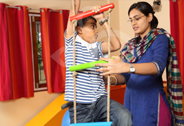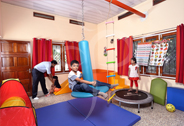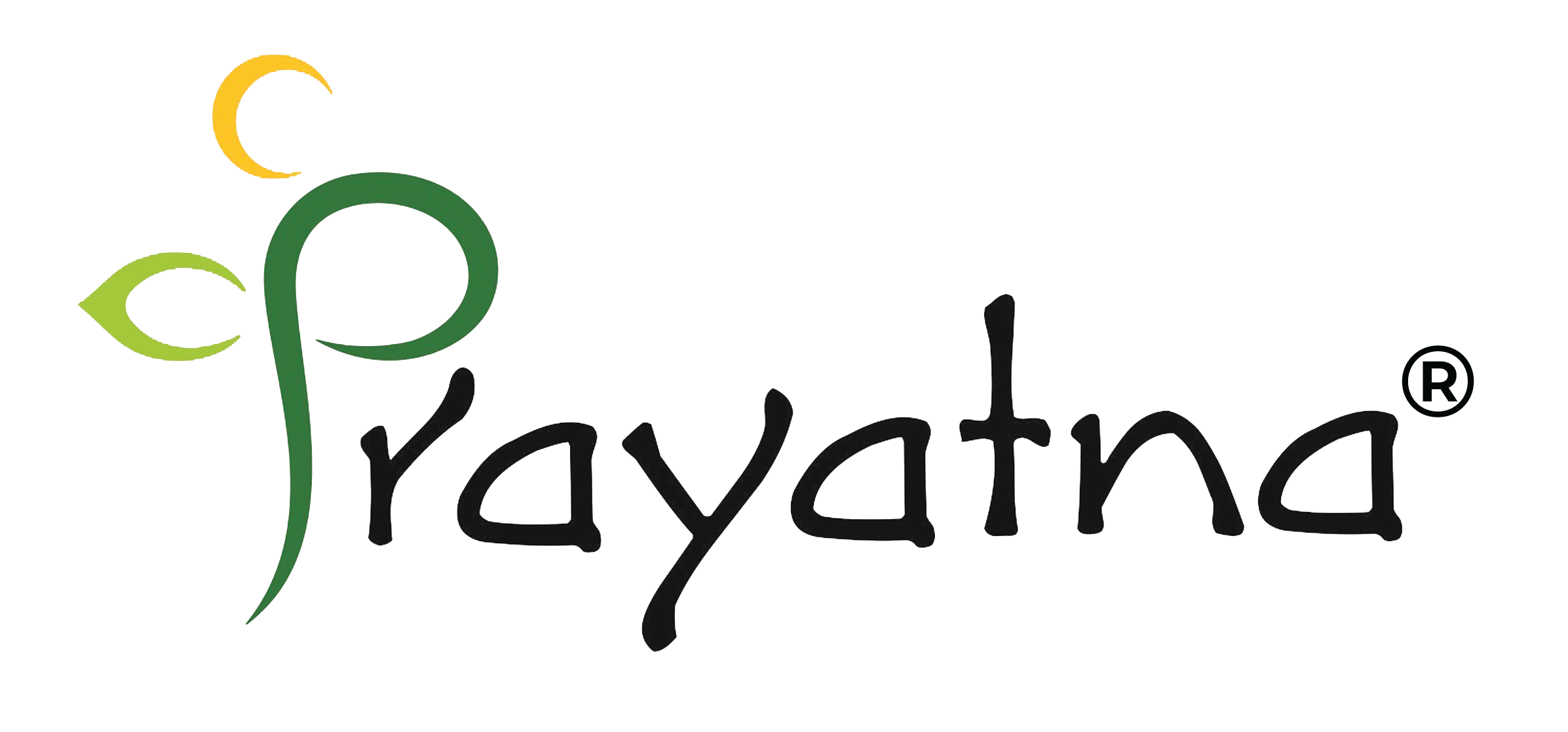Occupational Therapy

The primary occupation of a child is play. Through play, children learn the foundation skills necessary for success in school, among peers, and in activities of daily living. Occupational therapists assess, utilize and adapt everyday activities to improve function, enhance performance, promote health, and increase independence in children. Occupational Therapist identifies areas of need and develops creative solutions to address these areas while respecting kid's background and culture giving value to their quality of life.
Areas of Occupational Therapy
- Fine Motor Skills: Movement and dexterity of the small muscles in the hands and fingers.
- Handwriting Skills: Pre-writing and writing skills.
- Gross Motor Skills: Movement of the large muscles in the arms and legs.
- Visual Motor Skills: A child's movement based on the perception of visual information.
- Oral Motor Skills: Movement of muscles in the mouth, lips, tongue, and jaw, including sucking, biting, chewing and licking.
- Self-Care Skills: Daily dressing, feeding and toilet tasks.
- Sensory Integration: Ability to take in, sort out and respond to the input received from the world.
- Motor Planning Skills: Ability to plan, implement and sequence motor tasks.
Assessment & Treatment by Occupational Therapists

Occupational therapist evaluates a child's skill for playing, performance at school and daily activities and compares them with what is developmentally appropriate for the age group.
The evaluation assesses a child's gross motor skills, fine motor skills, visual motor skills, handwriting skills, daily living skills, oral motor skills and sensory processing skills. The occupational therapists use standardized assessment tools, non-standardized assessment tools, parent interview and clinical observations to assess the child's performance.
Are physical therapy and occupational therapy the same?
Who will benefit from Occupational Therapy?

- Sensory Processing/Integrative Disorders
- Learning Disability
- Attention Deficit Hyperactive Disorders
- Autism and Related Disorders
- Developmental Co-Ordination Disorder
- Developmental Delay
- Down syndrome and other syndromic conditions
- Juvenile Rheumatoid Arthritis
- Orthopedic Problems
- Birth Injuries Or Birth Defects
- Spina Bifida
- Hydrocephalus
- Other Neurological Deficits etc.

